This blog was written by Amina Singh, Kathmandu University. For the 2017 UKFIET conference, 23 individuals were provided with bursaries to assist them to participate and present at the conference. The researchers were asked to write a short piece about their experience.
There are different ways of understanding learning shaped by different perspectives and philosophies. Lifelong learning has been one such perspective in the discourses of learning and also proposed as a key education agenda in the Sustainable Development Goals (SDGs). SDG 4 aspires to ensure inclusive and equitable quality education and promote lifelong learning opportunities for all. This inclusion of lifelong learning as an education agenda and the way the goal has been framed begs the question: what are the ways in which ‘learning opportunities’ can be afforded in everyday life? This question is pertinent as we think about learning beyond the formal education system. Also I ask, what kind of learning is necessary for life?
There have been many critiques of the understanding of lifelong learning based upon the dominant neoliberal perspectives (Bagnall, 2000; Rubenson, 2011 – chapter 36). There have also been efforts to produce counter discourses based on the humanistic ideals. In the opening plenary at the 2017 UKFIET conference, Professor Crain Soudien, from the Human Sciences Research Council in South Africa, presented compelling thoughts on the significance of New Humanism and the implications for how we understand education and development. This new perspective of humanism offers a new understanding of what it means to be human in today’s world, emphasising on the plurality of human experience and our place in this world. This is particularly important for how we understand lifelong learning.
I argue that in order to address the question raised earlier about what affords learning opportunities in life, it is necessary to re-conceptualise ‘learning’. Hager and Hodkinson (2009) propose the metaphor of ‘becoming’ to signify learning as a social, embodied and never ending process in which the learner is constantly reconstructed through the process. Building upon this, I put forward four propositions to re-conceptualise learning as becoming:
- learning as becoming as the reconstruction of embodied self through experience in life
- transformation in the process of becoming occurs through shifts in the relational composition in our ongoing becoming
- context does not exist prior but shapes the process of becoming through its own emergence
- learning in life is emergent
This perspective of ‘learning as becoming’ rests upon the understanding of the self as inter-dependent and interrelated. We are who we are through the relations we have within the world and we become through the shifts in these relations. This proposed understanding of ‘learning as becoming’ has the following implications for education and development:
- In the everyday context, the role of the educator/development practitioner is not to identify problems and provide solutions or to deliver fixed ideas and knowledge but to facilitate the process of understanding the world and enabling learners to come up with their own ideas and solutions. Here the educator is also a learner in this process of discovery and understanding.
- A key part of the practice of development and education constitute ‘dialogue’ and ‘interaction’; not just interaction with ideas and other living beings but with the material elements of the environment. How one facilitates dialogue and interaction affords opportunities for learning.
- Therefore, as learners and learning facilitators, we produce and reproduce the context of learning. Here lies the risk of reproducing hegemonic and oppressive ways of being if we are not wary of the dominant philosophies guiding us. This requires educators to be self critical, reflexive and open in their practice.
The broader implications of understanding learning as becoming for curriculum is that curriculum can no longer be understood as a fixed body of knowledge that needs to be transferred to the students. This also means we cannot also have fixed behavioural objectives to be achieved and measured for it will be difficult to predict the ‘becoming’ of learners in the classroom. Instead, understanding ‘learning as becoming’ requires understanding of curriculum as a process and the reflexive practice of what happens inside the classroom. Finally, this has implications for how teachers are trained and the capacity of the teachers to take up this role inside the classrooms.

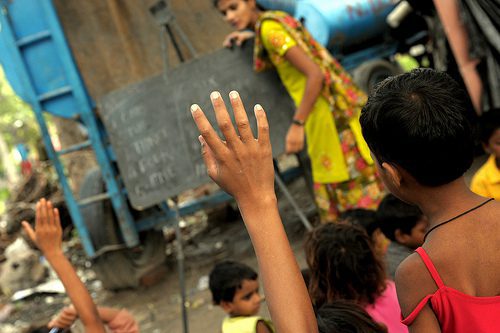
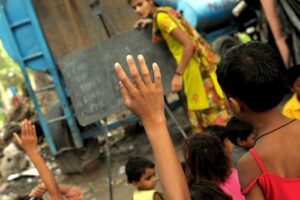
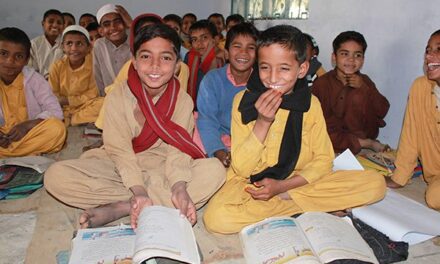

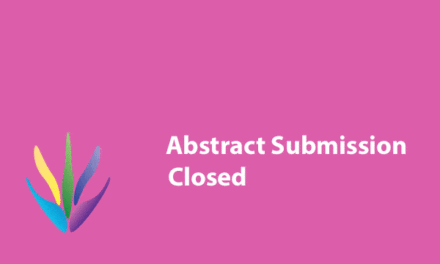
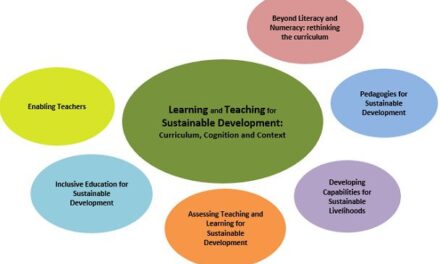
Thank for Articles.
The emphasis of math learning heart is to observe advanced teaching utility strategies
with reference to actual issues that kids are dealing with these
days https://math-problem-solver.com/ . The definition is actually not difficult, provided you’re used to working in summary set concept.